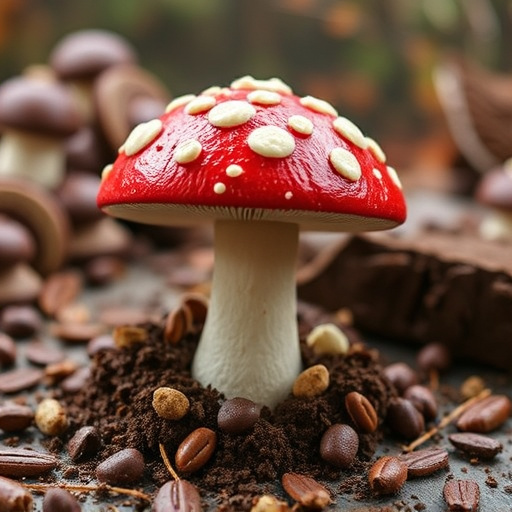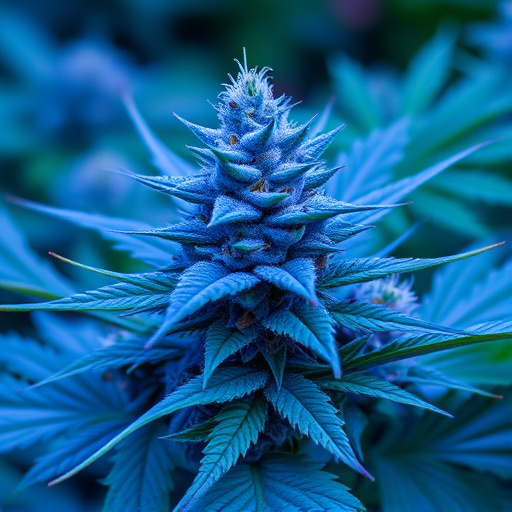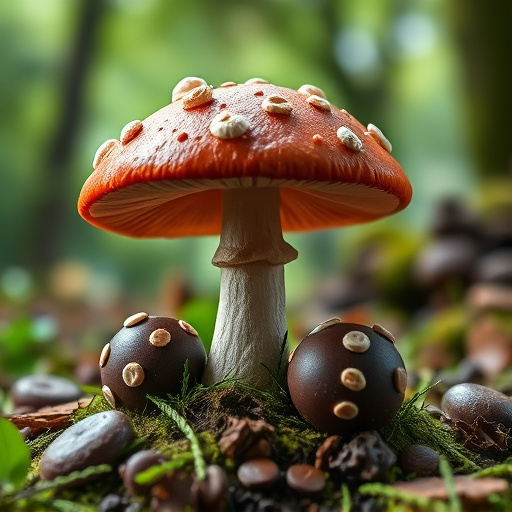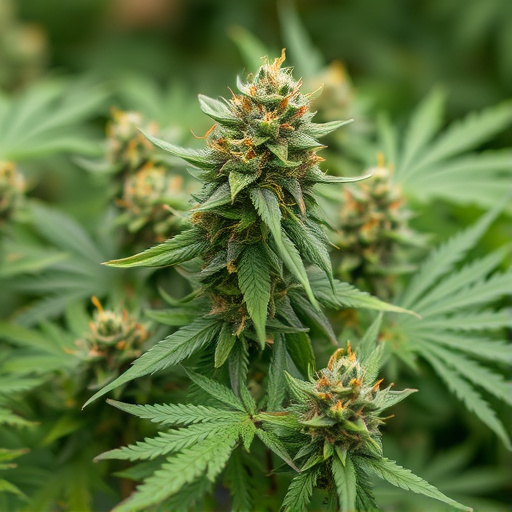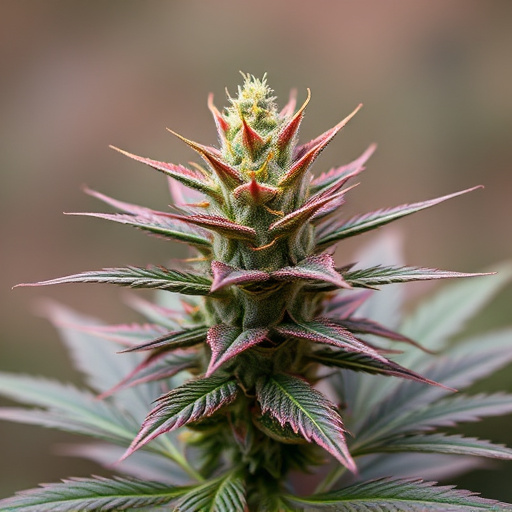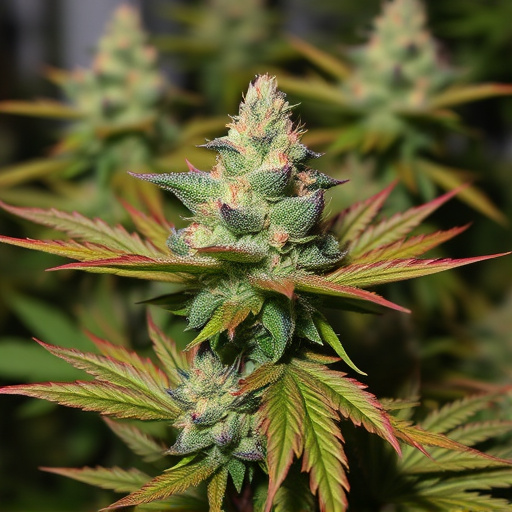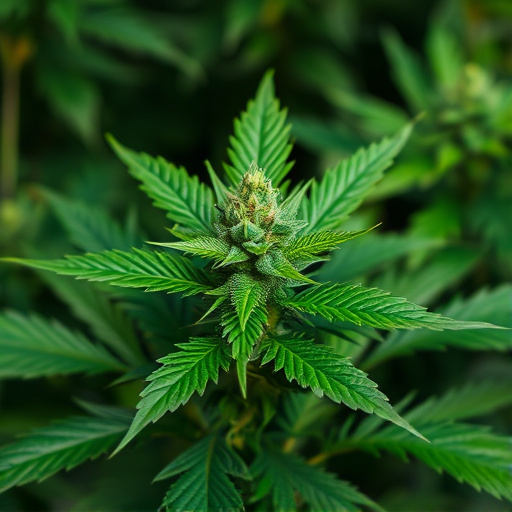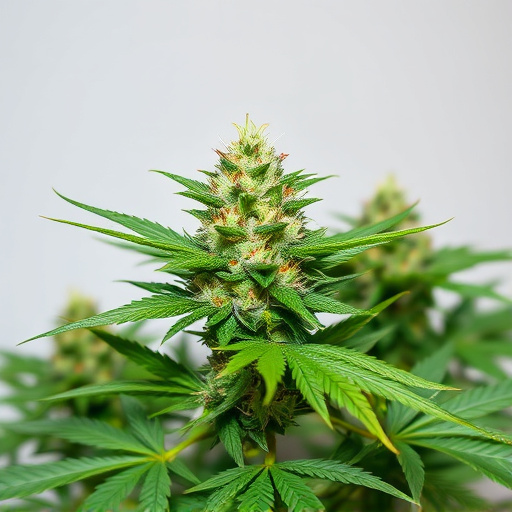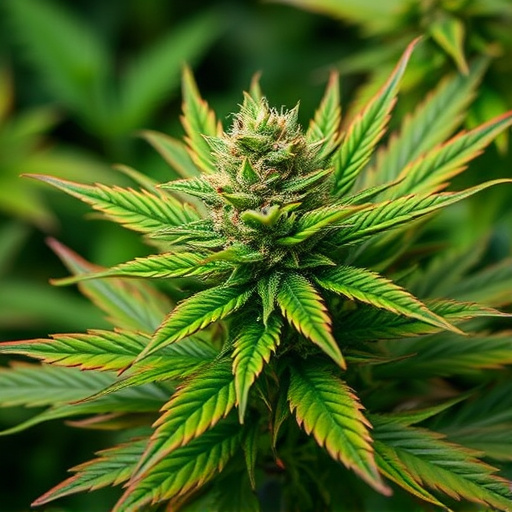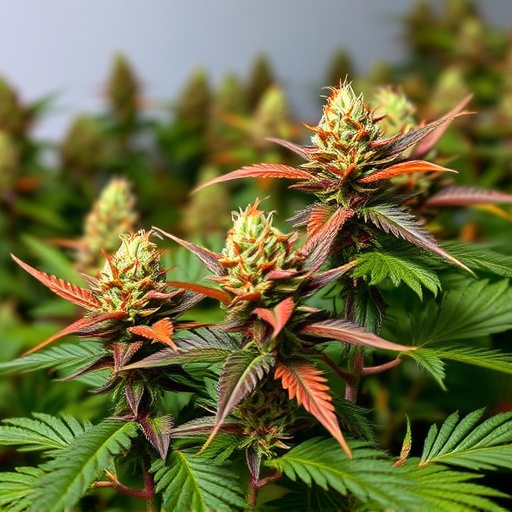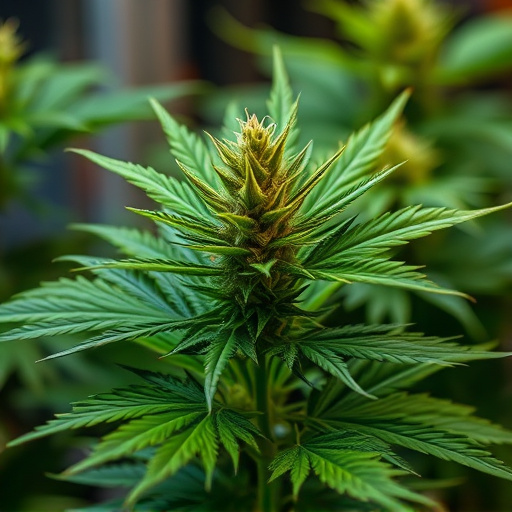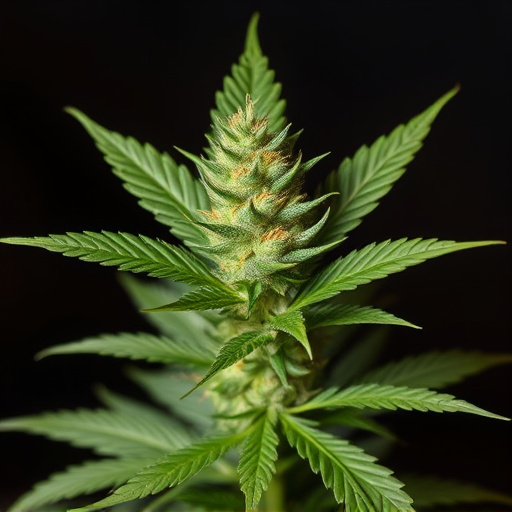High THC cannabis strains' skunk-like aroma is largely genetic, driven by terpene profiles like myrcene, limonene, and pinene. Genetic diversity allows breeders to cultivate unique scent characteristics, with myrcene levels influencing the earthy, musky notes. These potent strains offer complex aromatic profiles, appealing to enthusiasts exploring their distinctive features.
“Ever wondered why some cannabis strains carry a more intense skunk aroma than others? This intrigue delves into the intricate world of cannabis scents, exploring factors shaping its unique terpy profiles. From genetic foundations to cultivation practices, we dissect why certain varieties boast high THC content and robust skunk-like aromas. Unraveling these mysteries helps cultivators and consumers alike appreciate the art behind crafting cannabis with distinct, appealing fragrances.”
- Genetics and Terpene Profiles: The Foundation of Skunkiness
- – Understanding the role of genetics in cannabis scent
- – Terpenes: The key compounds contributing to skunk-like aromas
Genetics and Terpene Profiles: The Foundation of Skunkiness
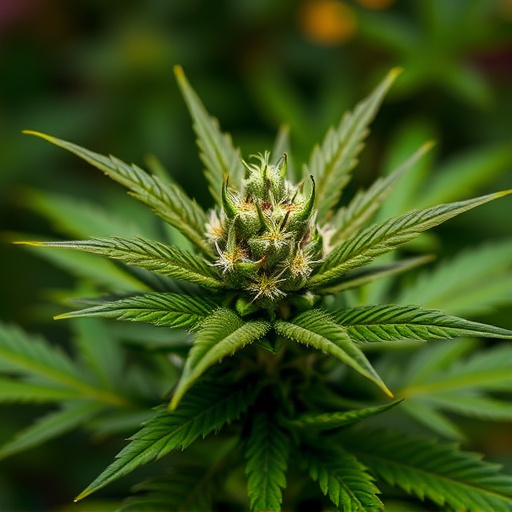
The skunk-like aroma associated with certain cannabis strains is primarily driven by their genetic makeup and terpene profiles. Cannabis plants produce a diverse array of terpenes, which are aromatic compounds that contribute to the unique scents and flavors we experience in different strains. Among these, myrcene, limonene, and pinene are particularly notable for their skunk-like notes. High THC cannabis strains often possess elevated levels of myrcene, known for its earthy, musky scent that can impart a distinct skunkiness.
Genetic diversity within the cannabis plant kingdom plays a significant role in terpene expression. Breeders carefully cultivate and select strains with specific terpene profiles to enhance desirable traits, including the skunkier aroma. This focus on genetics allows for the development of high THC cannabis strains that not only offer potent effects but also showcase unique and appealing scents.
– Understanding the role of genetics in cannabis scent
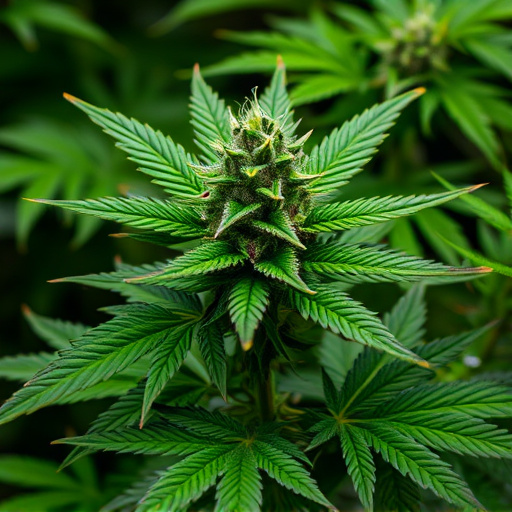
Cannabis scent, particularly the skunky aroma many associate with it, is largely influenced by genetics. Each strain carries a unique combination of genetic traits that determine its fragrance and flavor profile. High THC cannabis strains, known for their potent effects, often possess specific genetic markers that contribute to these distinctive odors. These markers can enhance or alter the natural terpene production in the plant, resulting in stronger, more pungent scents.
Understanding genetics is crucial when exploring why some strains emit a more skunk-like fragrance. Terpenes, volatile organic compounds responsible for cannabis’ aroma and flavor, are heavily influenced by genetic factors. Certain high THC strains may have evolved to produce higher levels of myrcene, a common terpene known for its earthy, musky scent, which can contribute to the skunky aroma. This natural process is both complex and fascinating, offering enthusiasts a glimpse into the intricate relationship between cannabis genetics and sensory experience.
– Terpenes: The key compounds contributing to skunk-like aromas
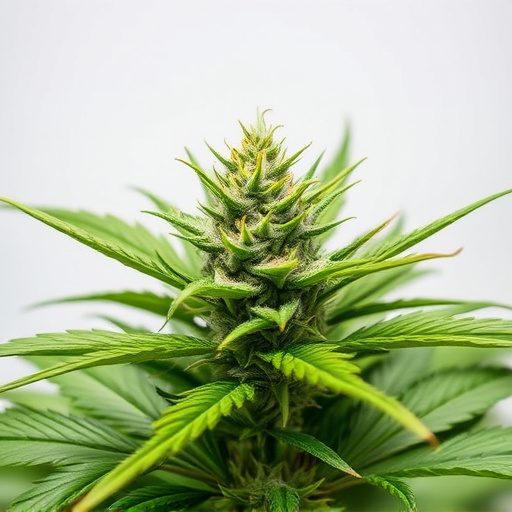
Terpenes, often referred to as the “essential oils” of cannabis, play a pivotal role in imparting the characteristic aromas we associate with different strains. These volatile compounds are responsible for the diverse scents and flavors found in cannabis, including the distinctive skunk-like notes that some high THC strains are known for. Among the many terpenes present, myrcene, limonene, and pinene stand out as the key contributors to this specific aroma profile.
Myrcene, with its earthy and musky scent, is prevalent in many cannabis varieties and has been linked to potential relaxing and sedative effects. Limonene, on the other hand, offers a bright citrusy note, which can create a more uplifting and refreshing skunk-like scent. Pinene, known for its pine or terpene-solvent scent, adds complexity to the profile, enhancing the overall skunkiness while also providing potential therapeutic benefits. The unique combination and ratios of these terpenes in different strains contribute to the varying degrees of skunkiness perceived by users.
Cannabis strains with higher THC levels often exhibit stronger skunk-like aromas due to their genetic makeup and terpene profiles. Terpenes, such as myrcene, limonene, and pinene, play a significant role in shaping the unique scents of different cannabis varieties. While some growers may aim for more subtle fragrances, the natural chemical composition of high THC strains tends to result in a distinctively skunkier odor. Understanding these genetic and terpene dynamics is key to appreciating the diverse aromas found in the world of cannabis.
